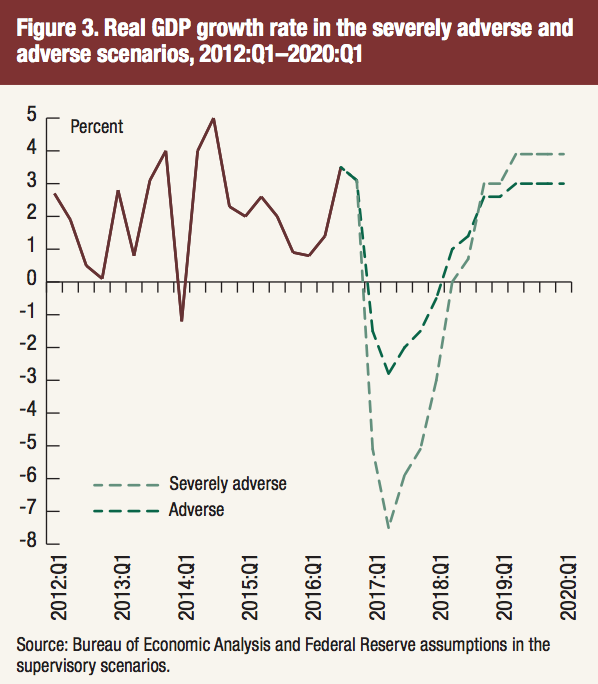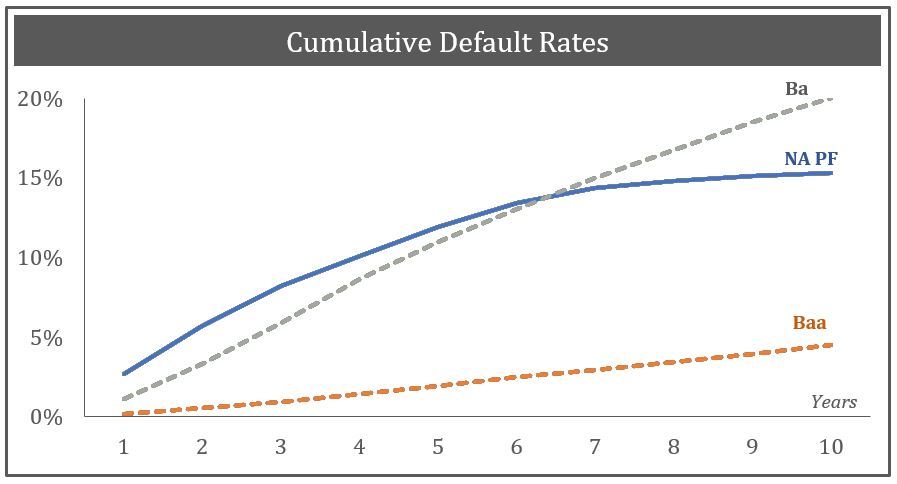Writing in The Financial Times, Martin Wolf explains “Why curbing finance is hard to do”, discussing the separation of “utility” and “casino” banking and indicating that 100% reserves on deposits would make finance safe:
First, the border between utility and casino banking is impossible to draw. For Mr Kay, the utility is the payment system and protection of deposits. This would leave all lending – including to households and businesses – inside the casino. For those in the US who hark back to the Glass-Steagall Act, the distinction is between commercial and riskier investment banking.
Mr Kay’s distinction is clear, but problematic. If we followed him, all risk management would become unregulated. It is inconceivable that governments would, or could, leave them so. If we moved back to a Glass-Steagall distinction (itself never accepted in continental Europe), we would need to draw a line. But where? Why would lending to households and business be good, but securitising those loans bad? Why would hedging be good, but speculating bad and how might one draw the line between them? Mr King counters that prudential regulation already draws such distinctions. I would respond that regulation has made a mess in doing so. Furthermore, these are not distinctions between businesses.
This is not to argue that there is no way of making finance safe. There is. But it would be far more radical: deposits would be 100 per cent reserve backed; and the liabilities of other investment vehicles would be adjusted for the market value of their assets at all times. Banking would disappear.
We disagree of course with that last remark. Banking would not disappear: it would just operate without legal privilege.



